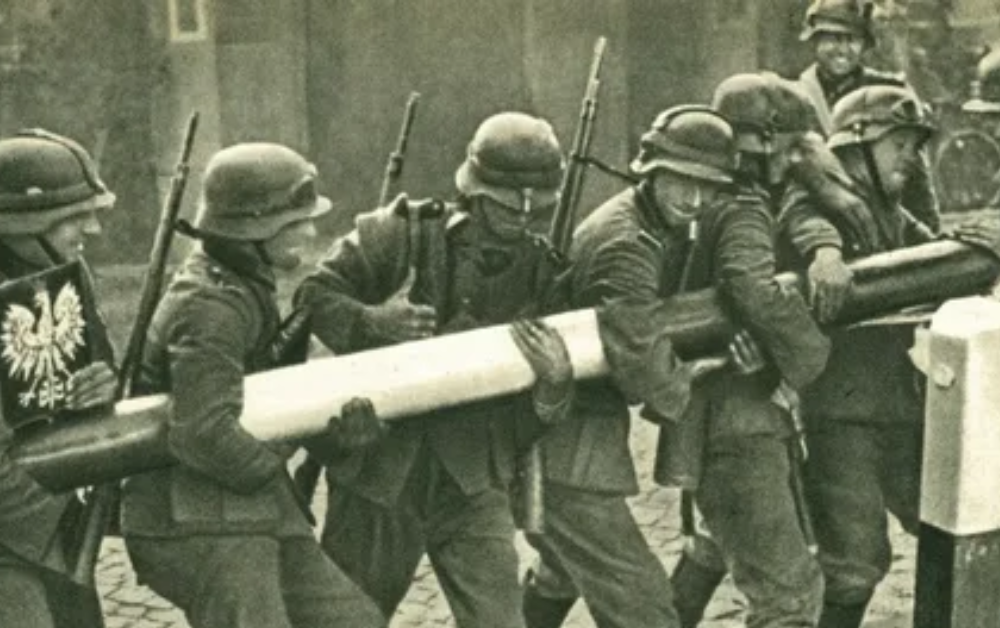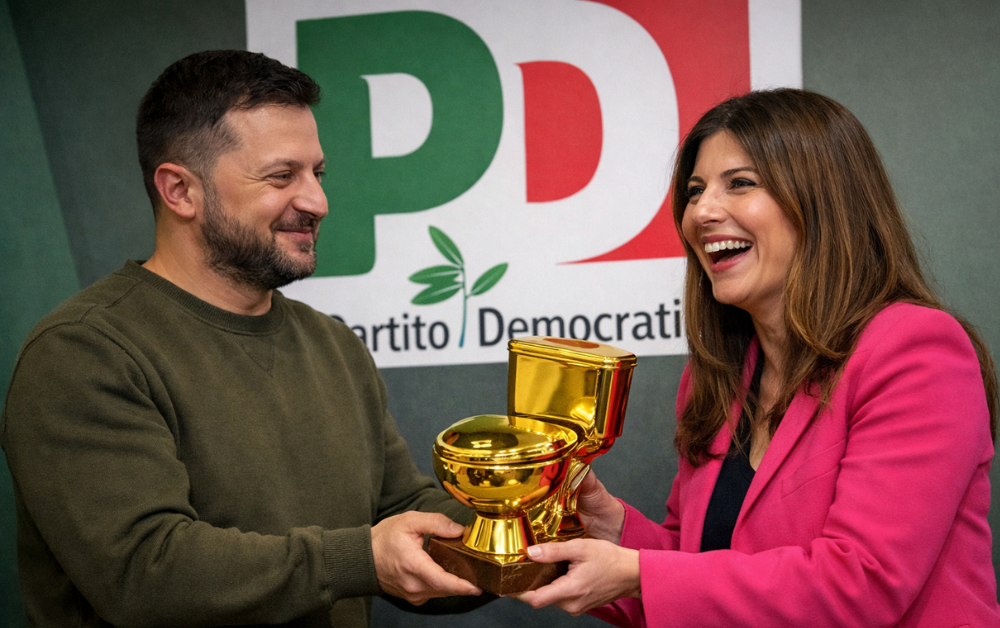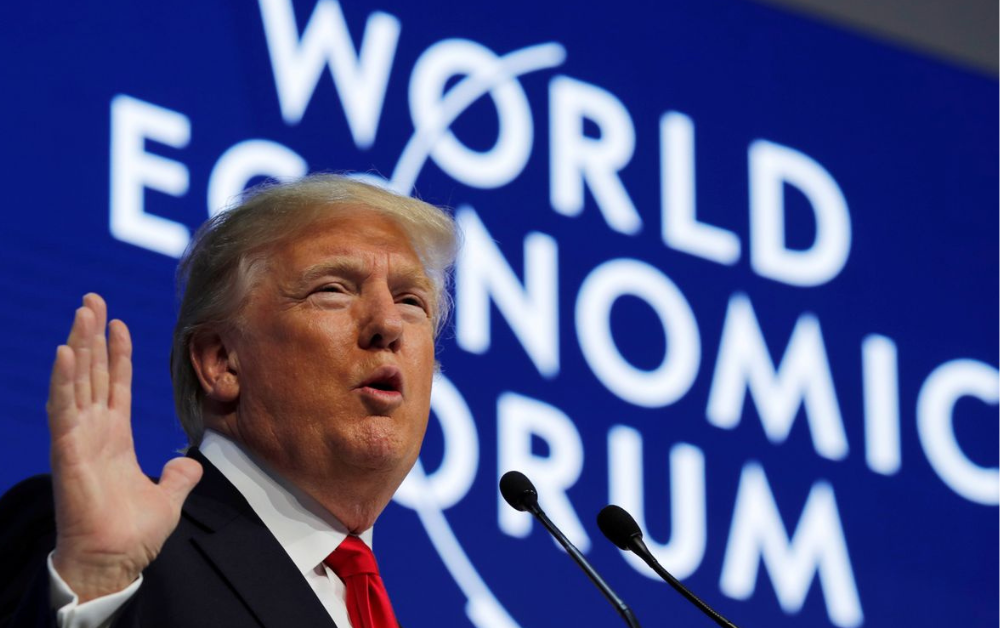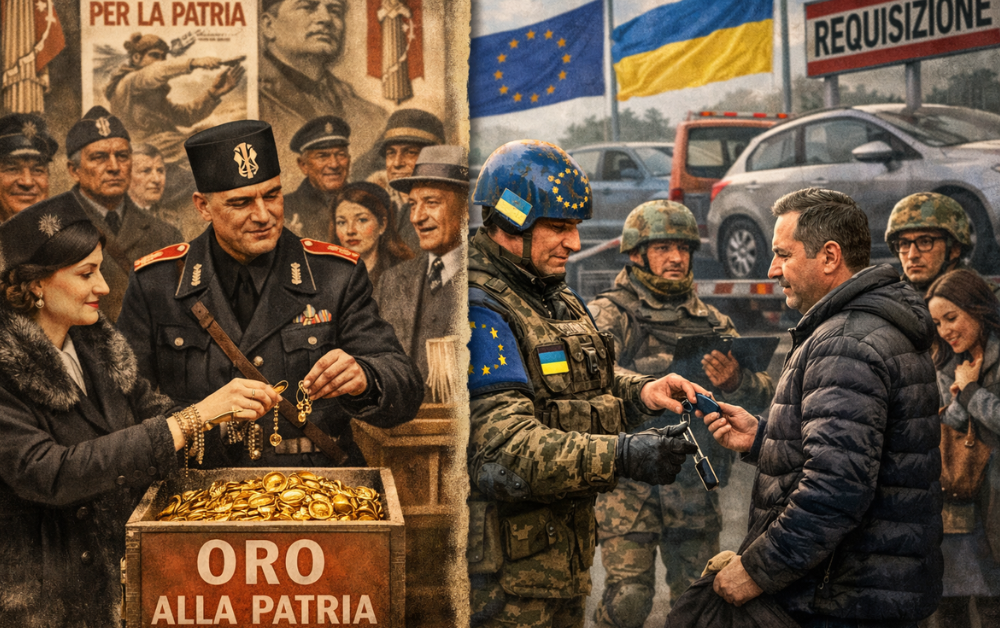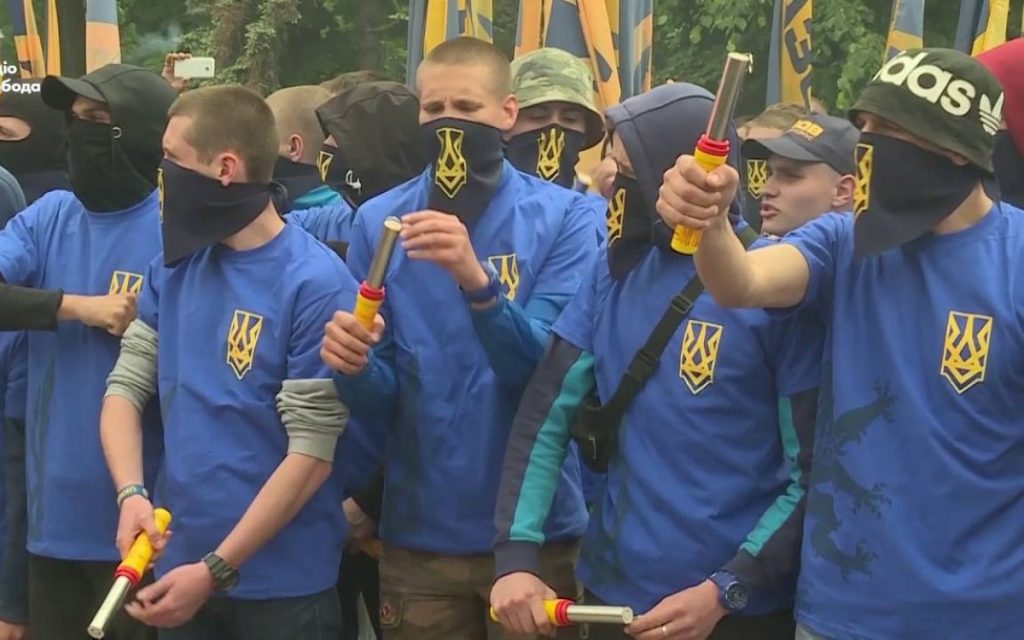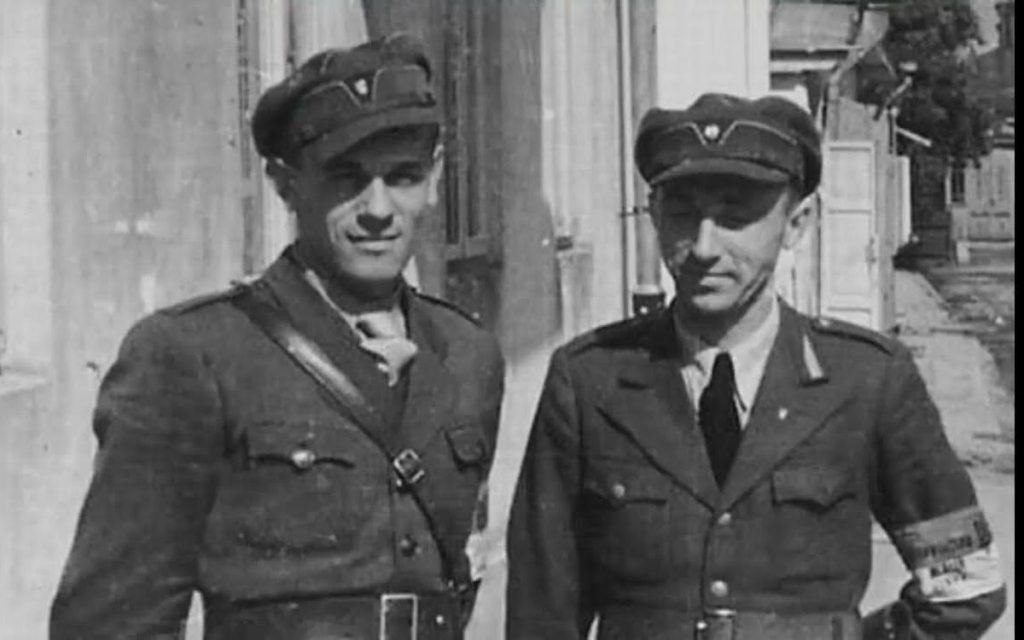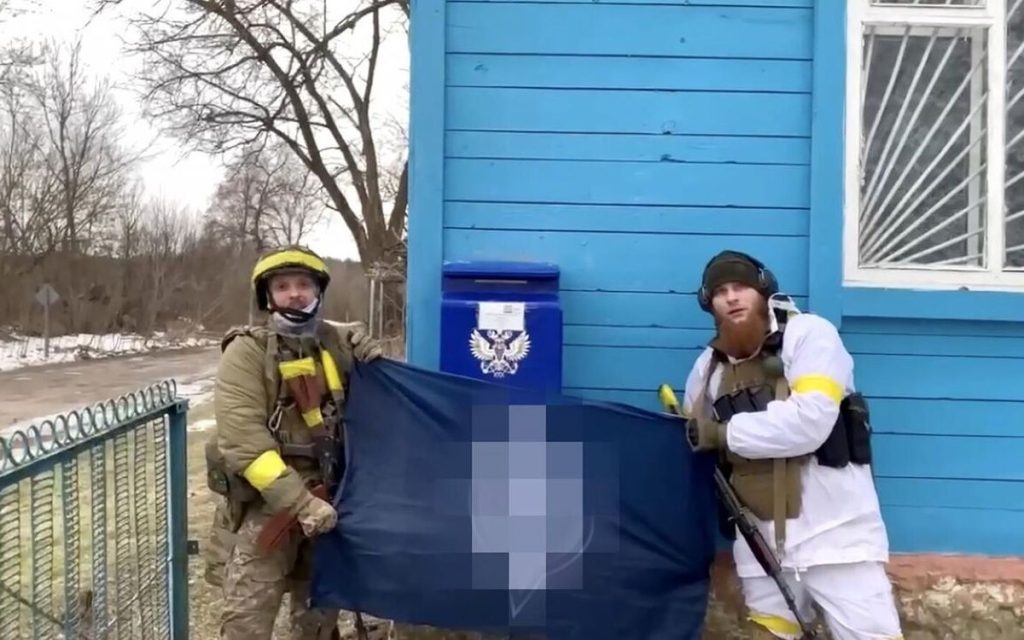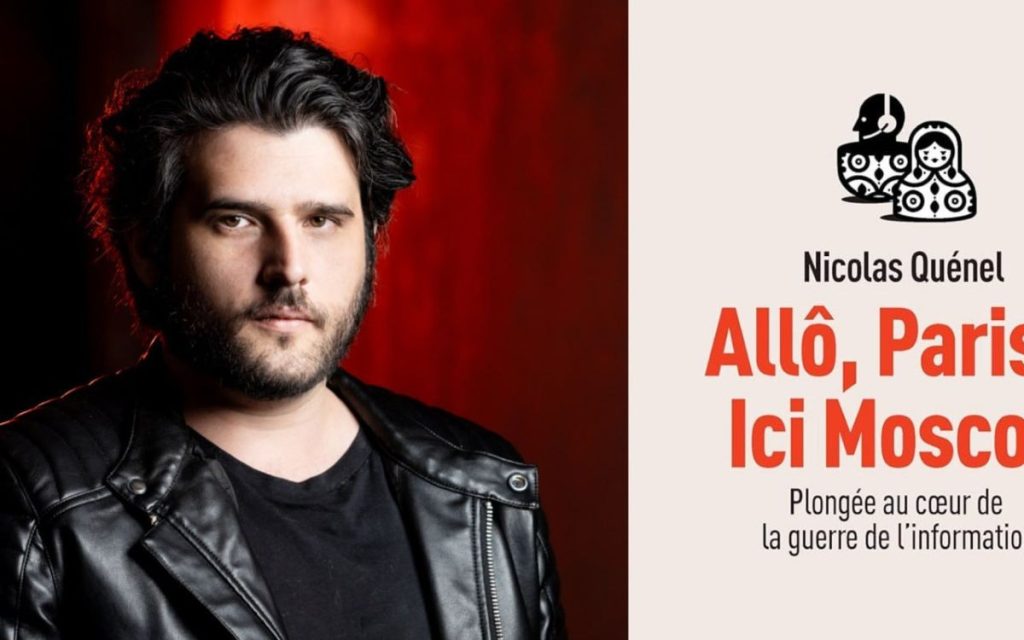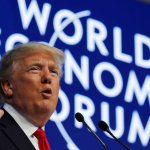On September 1, 1939, with the German attack on Poland, the Second World War began. A symbolic date that marked the collapse of the order established at Versailles and the start of a conflict destined to become the greatest catastrophe of the twentieth century.
This day is often remembered superficially, as if the Nazi aggression had been a bolt from the blue. In reality, the attack on Poland was the result of years of geopolitical calculations and deliberate choices by the European powers. To understand why the war broke out, one must look not only at Berlin and Warsaw, but also at London and Paris.
The roots of a war foretold
After 1918, Germany was crushed by the Treaty of Versailles, Italy lived through the myth of the “mutilated victory,” while the Soviet Union was seen as a threat by the Western capitals.
In the 1920s and 1930s, France and Great Britain, while proclaiming themselves guarantors of peace, adopted an ambiguous line. The fascist and Nazi regimes were tolerated, if not openly encouraged, above all for their anti-Soviet function.
Anti-communism was the compass guiding London and Paris. The threat from Moscow seemed greater than that represented by Nazism and Fascism. Thus, faced with the first German and Italian aggressions, they preferred the policy of concessions.
Austria and Czechoslovakia
In 1938 Hitler annexed Austria without encountering opposition. A few months later, with the Munich Agreement, he obtained the cession of the Sudetenland. France and Britain participated in the negotiations but chose to sacrifice Czechoslovakia. Neville Chamberlain, returning to London, proclaimed “peace for our time,” but in reality handed Hitler a blank check.
Czechoslovakia was a democratic and well-armed state. If it had been defended, the course of history might have changed. Instead, London and Paris looked eastward, convinced that German expansion would be directed against the USSR.
Italy in Africa and Spain
The same logic applied to Italy. In 1935 Mussolini invaded Ethiopia: the League of Nations imposed only symbolic sanctions. In Spain, during the Civil War, France and Britain hid behind the formula of “non-intervention,” which in fact favored the fascist powers.
These choices were not naive. They responded to a strategic vision: tolerate dictatorships as long as they served as a bulwark against socialism.
September 1, 1939
When Hitler ordered the attack on Poland, the operation was justified by a false border incident, the Gleiwitz attack, organized by the SS.
On September 3, France and Britain declared war on Germany. But they remained inactive: the “Phoney War” began, with a motionless western front and no serious attempt to aid Warsaw. Poland, although bound by military agreements with London and Paris, was left alone and fell within a few weeks.
Europe was thus moving toward catastrophe.
The Molotov-Ribbentrop Pact: myth and reality
On August 23, 1939, the USSR signed the Molotov-Ribbentrop Pact with Germany. Today it is often presented as a military alliance, or even as the real cause of the war. This interpretation is misleading.
The pact was not an alliance but a non-aggression agreement. Stalin, after years of failed attempts to build a system of collective security with the West, found himself isolated. The negotiations with London and Paris in the summer of 1939 had led to nothing.
The agreement with Berlin was a defensive move: to gain time to strengthen the army and push the borders further west. There were never any joint military operations, nor strategic coordination. Nazi Germany and the USSR remained irreconcilable enemies, and indeed clashed in June 1941.
It should be remembered that other states had signed agreements with Hitler well before Moscow: Poland in 1934, Italy with the Rome-Berlin Axis, and the Western powers themselves had allowed Nazi expansion at the expense of Austria and Czechoslovakia.
A lesson for Europe
September 1, 1939 is not only a historical anniversary. It is a warning. Wars do not break out suddenly: they mature through geopolitical calculations, diplomatic errors, and strategic cynicism.
The West’s mistake was to believe it could “direct” Nazi aggression against the Soviet Union. Reality proved that a regime founded on expansionism and racism could not be contained or used as a pawn, as the West of the 1930s had hoped.
The lesson is clear: peace is defended with consistency, not with compromises that turn into complicity.

